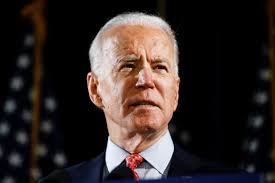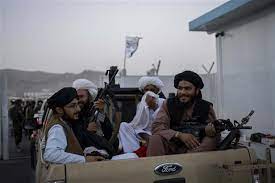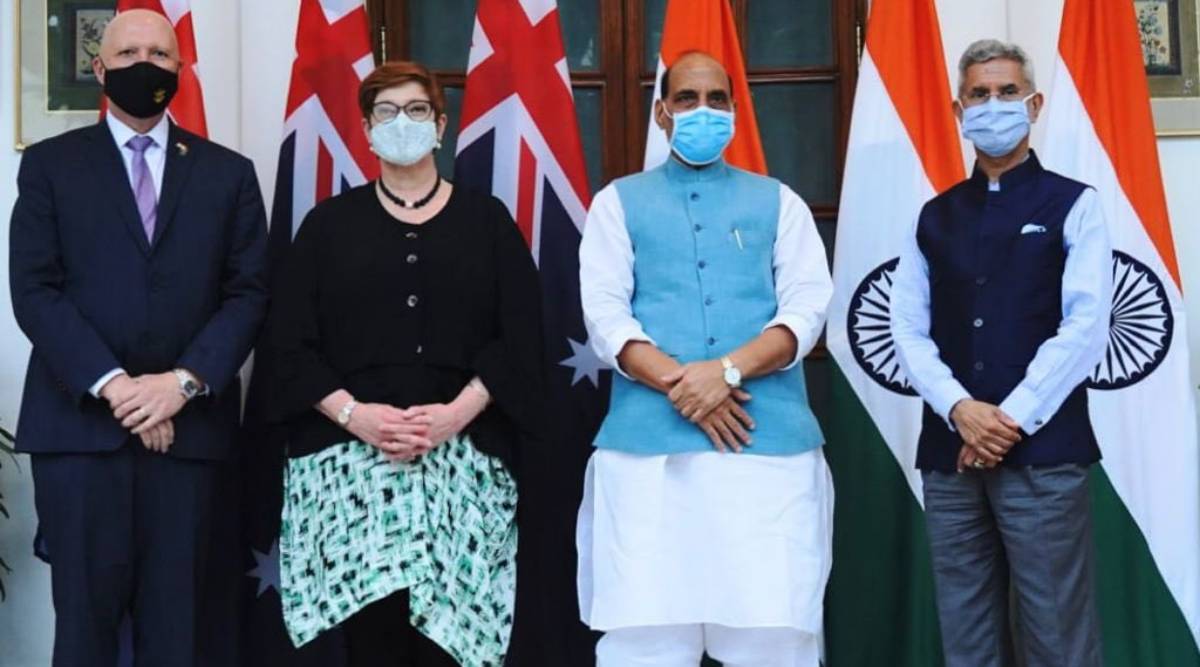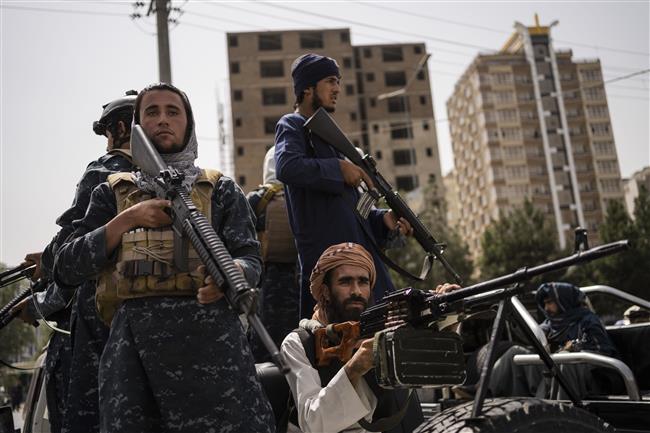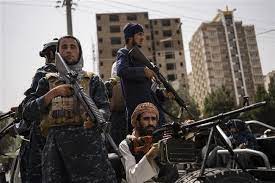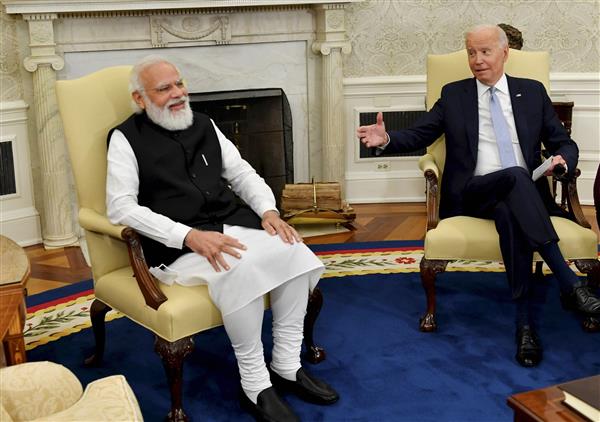
09/25/2021
New Delhi, Sept. 25: The decisions taken at the bilateral meeting between Indian Prime Minister Narendra Modi and US President Joe Biden in Washington on Friday would define the economic and security landscape of the next century, said a Joint Statement.
The two sides will build a strategic partnership and work together with regional groupings, including ASEAN and Quad, developing a trade and investment partnership, finishing the fight against the pandemic, scale up climate action, strengthen democratic values and enhance people-to-people ties, said a Joint Statement after the meeting.
On climate change, Biden acknowledged the importance of finance as India plans to install 450 GW of renewable power by 2030. This will be done by the Strategic Clean Energy Partnership (SCEP) and the recently-launched Climate Action and Finance Mobilisation Dialogue (CAFMD), said the Joint Statement.
Biden expressed his “unwavering commitment” to India in defence by information and logistics sharing, expanding engagements in a multilateral framework and greater military-to-military interaction. The recent project to co-develop air-launched UAVs and the forthcoming Industrial Security Agreement summit, they hoped, would facilitate high-end defence industrial collaboration.
They resolved to take actions against all terrorist groups and called for the perpetrators of the 26/11 Mumbai attacks to be brought to justice. The Joint Statement “denounced” the use of terrorist proxies and noted that the upcoming US-India dialogues on counterterrorism, designations and internal security would further strengthen counterterrorism cooperation, including in intelligence sharing and law enforcement cooperation.
A new Bilateral Framework for counter narcotics would facilitate joint efforts to combat drug trafficking, illicit narcotics production and precursor chemical supply chains, it noted.
The leaders wanted the Taliban to abide by UNSC Resolution 2593, which demands that Afghan territory must not be misused, allow orderly departure from Afghanistan and respect human rights. However, with regard to an inclusive government, they resolved to “coordinate and to work jointly with partners”. This is an indication that both countries may not be on the same page on this aspect.
Biden also reiterated US support for India’s permanent membership on a reformed UNSC and the Nuclear Suppliers Group.
They also looked forward to the launch of the US-India Gandhi-King Development Foundation to advance cooperation on health, education, and the environment as well as convene the Trade Policy Forum before the end of the year.
Independent of the Quad’s efforts in regional infrastructure, the two leaders discussed jointly proposing “sustainable and transparent rules of the road” that will lift economies throughout the Indo-Pacific.
On immigration, there were no firm commitments from the US side but its mention was on a positive note. “The leaders noted that the movement of highly skilled professionals, students, investors and business travellers between their countries enhanced their economic and technological partnership,” it said.
Biden and Modi resolved to expand their partnership to areas of critical and emerging technology – space, cyber, health security, semiconductors, AI, 5G, 6G and Blockchain, that will define global leadership in the next decade.
They also welcomed increasing partnerships to counter ransomware and other cyber-enabled crime, including combating cybercriminals operating from within their borders. A Space Situational Awareness MoU will help in sharing of data and services to ensure the long-term sustainability of outer space activities by the end of the year, said the statement.
Modi conveyed his deep appreciation for the repatriation of antiquities and both leaders committed to strengthening their efforts to combat the theft, illicit trade and trafficking of cultural objects.-Agencies
